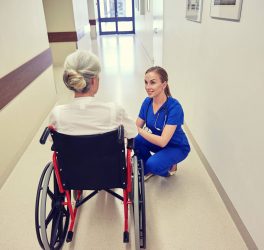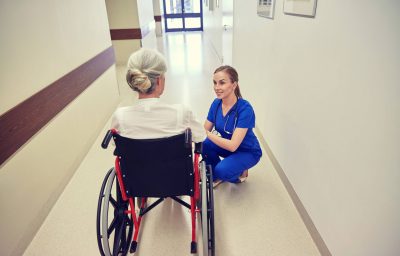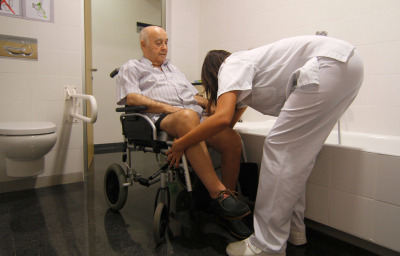New research suggests that low-dose ionising radiation (LDIR), such as X-ray irradiation, can reduce lesion size and reverse motor deficits in traumatic brain injury (TBI) and ischemic stroke.
The study demonstrates that LDIR may be a promising therapeutic strategy for TBI and stroke patients. Nearly half of survivors experience lifelong motor impairment and disability, but there is still no effective treatment for repairing the central nervous system after brain injury.
It has long been known that low-dose X-ray irradiation can enhance adaptive responses, including extending average life expectancy, stimulating the immune system, healing wounds and stimulating cell growth in animals. It also offers neuroprotection in animal models of neurodegenerative diseases, primarily due to immunomodulation; the modification of the immune system to help your body respond to a disease or illness.
Based on these studies, a team of neuroscientists speculated that the immunomodulatory effects of LDIR could play a pivotal role in mitigating damage and promoting wound healing after brain injury.
They found that low-dose X-ray irradiation completely reversed the motor deficits in TBI and stroke mice and restored brain activity after stroke. More importantly, low-dose X-ray irradiation treatment delayed by eight hours was still effective in allowing a complete recovery of motor function after stroke.
The research, published in Brain, Behavior, and Immunity, was led by the City University of Hong Kong (CityU).








